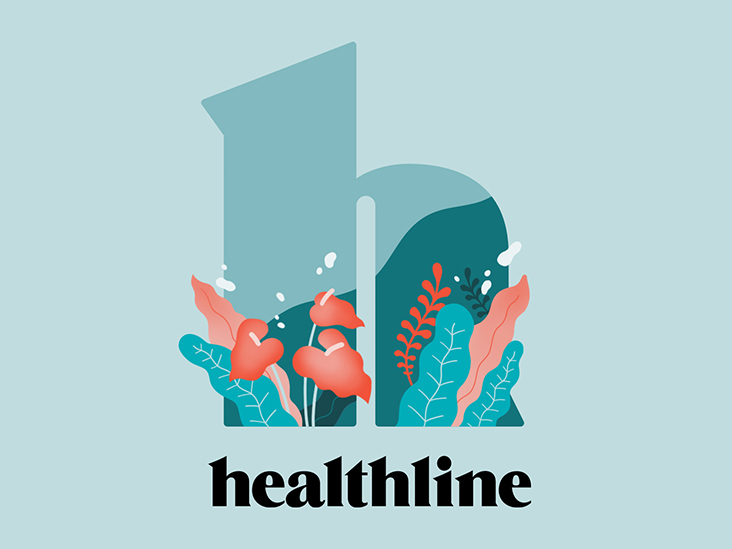
- Utah will ban transgender children from receiving gender-affirming care.
- Utah is the first state to outright ban transgender healthcare.
- Alabama, Arkansas, Arizona, and Tennessee have similarly passed laws restricting youth’s access to gender-affirming healthcare.
A new law in Utah will ban transgender youth from receiving gender-affirming care.
The bill — which was signed by Utah’s governor, Spencer Cox, on Saturday — is the latest law to be enacted in a wave of gender-affirming restrictions being introduced across the country.
Alabama, Arkansas, Arizona and Tennessee have similarly passed laws restricting youth’s access to gender-affirming healthcare.
More states, including South Carolina, Oklahoma, Kansas, and Mississippi, are looking to introduce similar bills.
Multiple national health organizations — including the
Cox, a Republican, said he believes more research is needed to understand the science, and potential health effects, of hormonal gender-affirming treatments.
“More and more experts, states and countries around the world are pausing these permanent and life-altering treatments for new patients until more and better research can help determine the long-term consequences” Cox said in a statement.
Here’s what to know about Utah’s new law and how the medical community is reacting to the state’s sweeping restrictions.
The bill, S.B. 16, enacts several restrictions regarding transgender medical treatments and procedures.
“These laws basically block clinicians from providing gender-affirming health care to young people under a certain age, whether or not their parents agree and whether or not the treatment aligns with accepted standards of medical care,” says Jessie Hill, JD, a constitutional law professor at Case Western Reserve University specializing in reproductive health rights.
The bill first requires the Department of Health and Human Services to conduct a systematic medical review analyzing the scientific literature available on hormonal gender-affirming treatment — specifically, the short and long-term side effects, harms, and benefits— and provide recommendations based on their findings.
It also requires the Division of Professional Licensing to create a certification for providers to prescribe hormonal gender-affirming treatments.
Providers must also meet certain requirements before providing care.
The bill prohibits providers from performing “sex characteristic surgical procedures” on minors with the goal of undergoing a sex change and prescribing gender-affirming treatments to patients who haven’t been diagnosed with gender dysphoria within a certain timeframe.
The bill permits individuals to file a medical malpractice claim against gender-affirming medical treatments and procedures.
Hill doesn’t expect Utah’s ban to stand for long.
She expects the ban to face legal challenges, and that the courts will ultimately strike the law down.
“These laws pretty clearly discriminate on the basis of sex and transgender status (which is considered a form of sex discrimination), in violation of the Equal Protection Clause of the 14th Amendment,” Hill said.
ACLU of Utah recently sent a letter to Gov. Cox asking him to veto S.B 16, stating it will have catastrophic effects on medical care.
The organization plans to challenge the law — just as the ACLU of Arkansas and Alabama did in their respective states — to defend and advance Utahns’ civil rights and individual freedoms.
“We are planning to challenge the law in the courts, which should surprise no one,” Aaron Welcher, the communications director of ACLU of Utah, said in an email statement.
“With each incursion into the rights of transgender Utahns, we will use every avenue necessary, including litigation, to defend the civil rights and liberties of transgender and non-binary people from the legislators using their power to infringe on these freedoms. We see you. We Support You,” Welcher stated.
Dr. Michelle Forcier, MPH, a physician with FOLX who focuses on gender non-conforming youth, says the ban interferes with youth having access to information, safe and effective mediations, and support from trusted healthcare providers.
Major medical groups including the American Academy of Pediatrics have consistently argued that limiting access to gender-affirming care is harmful to children.
Though some minors in Utah may be able to seek care in nearby states, if they are able to do so, such restrictions could have damaging psychological and physical health effects on non-binary and gender non-confirming youth.
According to Forcier, there is plenty of research supporting the safety and effectiveness of gender-affirming care, and no evidence supporting on benefits of restricting access to that care.
A recent study published in the New England Journal of Medicine tracked 315 transgender and nonbinary participants over the course of two years and found that gender-affirming hormones were associated with improvements in psychosocial functioning.
Though more research is always a part of medicine — especially for issues related to gender identity — needing more research should not be a reason to provide already-proven, consistent-evidence for life-saving interventions and care, says Forcier.
She says it is against medical standards to refuse to restrict access to safe, effective, and proven therapies.
“Children deserve careful and thorough evaluation, assessment and the option for choosing a health care plan and or medications or therapies that have been demonstrated to offer benefit and are safe,” Forcier said.
A new law in Utah will ban transgender youth from receiving gender-affirming care. Legal experts expect the law to be challenged in court, and ultimately, struck down. Utah’s ban is the latest law to be passed in a wave of national restrictions against gender-affirming healthcare.








